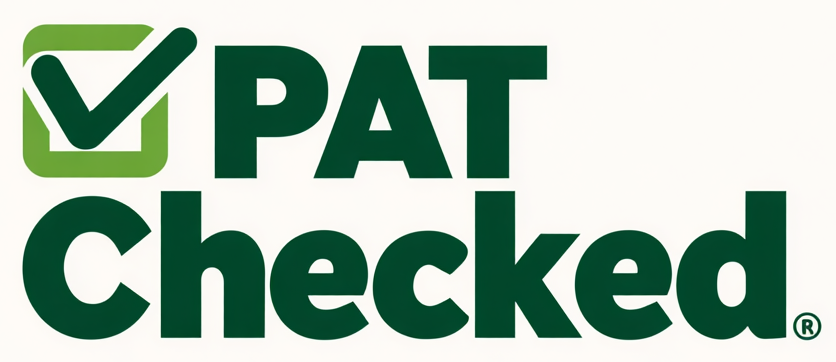Portable Appliance Testing (PAT) is one of the most effective ways to ensure electrical safety in workplaces, schools, rental properties, and event spaces. But one of the most common questions businesses and landlords ask is:
Who is actually allowed to carry out PAT testing?
The short answer is: anyone who is competent to do so. But what does “competent” really mean? Let’s break it down.
What the Regulations Say
UK law doesn’t state that PAT testing must be carried out by a qualified electrician. Instead, the requirement under the Electricity at Work Regulations 1989 is that electrical equipment must be kept safe—and testing should be done by a competent person.
What Does “Competent” Mean?
A competent person is someone who has:
- The right training – understanding how to carry out visual inspections and electrical tests correctly
- The right knowledge – being able to identify faults, hazards, and unsafe practices
- The right equipment – using an appropriate, calibrated PAT tester (not just a basic plug-in gadget)
- The right judgement – knowing when an appliance is safe, when it needs repair, or when it should be removed from service
Can Staff Do PAT Testing In-House?
Yes—but with caution. Some organisations choose to train staff to carry out basic PAT testing, especially in low-risk environments like offices. This can be cost-effective, but it requires:
- Proper training courses
- Investment in PAT testing equipment
- Regular refresher training to maintain competence
For higher-risk environments (construction sites, schools, healthcare, hospitality), it’s usually better to use a professional PAT testing service.
The Benefits of Using a Professional PAT Tester
- Consistency – Trained engineers carry out testing thoroughly and efficiently
- Compliance – Proper certificates and records are issued, supporting insurance and legal obligations
- Expertise – Faults are identified and dealt with safely, reducing risk of accidents or fire
- Peace of Mind – You know your workplace or property is compliant and safe
Key Takeaways
- PAT testing doesn’t legally require an electrician—but it does require competence.
- A competent person is someone with the right training, knowledge, equipment, and judgement.
- Low-risk businesses may handle some PAT testing in-house, but most organisations benefit from hiring a professional service.
Final Thoughts
PAT testing is about more than just ticking boxes—it’s about protecting people and property from electrical risks. While anyone competent can perform it, most businesses choose professional PAT testers to ensure accuracy, compliance, and peace of mind.
👉 Whether you train in-house staff or hire experts, the most important thing is ensuring your appliances are tested regularly, reliably, and by someone who truly understands what they’re doing.
